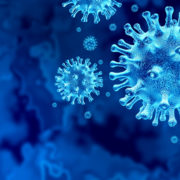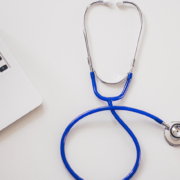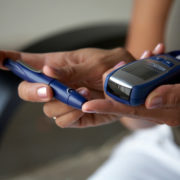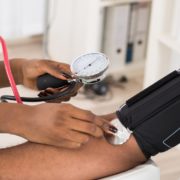COVID-19 Checklist for Avoiding Group Gatherings
Top Things To Do When Avoiding Large Gatherings
Ohio Department of Health Director Amy Acton, M.D., MPH, has issued an order prohibiting mass gatherings in the State of Ohio to prevent the spread of COVID-19.
The order:
- Defines mass gatherings as an event that brings together 50 or more people in a single room or space at the same time. Examples of such events are parades, fairs, and festivals. Examples of such rooms/spaces are auditoriums, stadiums, arenas, large conference rooms, meeting halls, theaters, and other confined indoor or outdoor spaces.
- Clarifies that mass gatherings do not include normal operations at airports, bus and train stations, medical facilities, libraries, shopping malls and centers, or other spaces where 50 or more people may be in transit. Clarifies that they do not include typical office environments, schools, restaurants, factories, or retail or grocery stores where large numbers of people are present, but it is unusual for them to be within arm’s length of one another.
- Clarifies that mass gatherings do not include athletic events that exclude spectators and that the order does not apply to immediate family members of participants in athletic events and anyone necessary for events to take place.
- Excludes members of the media.
- Excludes religious gatherings, gatherings for the purpose of expression of First Amendment protected speech, weddings, and funerals.
Avoiding large gatherings:
- When out in public or at events (e.g., shopping, traveling, attending religious events, weddings, or funerals, maintain social distancing whenever possible. This means staying about 6 feet away from other people. Continue to wash hands frequently, use hand sanitizer and cover coughs with a tissue or the crook of your elbow.
- If you are unable to attend an athletic or other event and watch it on TV, stay home and avoid parties or large, crowded establishments.
- Consider postponing travel and events excluded from the ban if possible
- Plan shopping and other necessary excursions infrequently and at non-peak times. (E.g., Shop for groceries only once a week and go in the morning or mid- afternoon on a weekday.
For answers to your COVID-19 questions, call 1-833-4ASKODH (1-833-427-5634).

- Stay home when you are sick
- Avoid contact with people who are sick
- Get adequate sleep and eat well-balanced meals
- Wash hands often with water and soap (20 seconds or longer)
- Dry hands with a clean towel or air dry your hands
- Cover your mouth with a tissue or sleeve when coughing or sneezing
- Avoid touching your eyes, nose, mouth with unwashed hands or after touching surfaces
- Clean and disinfect “High-Touch” surfaces often
- Call before visiting your doctor
- Practice good hygiene habits
Read full article at the Ohio Department of Health.
-

1 COVID-19 in minority communities prompt doctors to tell patients to look for racial health disparities
-

2 Experts raise concerns about health issues outside of COVID-19 pandemic
-

3 COVID-19 in minority communities prompt doctors to tell patients to look for racial health disparities
-

4 Gov. DeWine pushing for changes to racial inequality in health amid COVID-19
-

5 Why are more men dying of the Coronavirus? A history of avoiding the doctor might be to blame (Dispatch)
-

6 National Coronavirus updates: Leaders fear virus could spread rapidly during protests (WXII12)
-

7 Cuomo calls for end to inequality in healthcare (Patch)
-

8 U.S. high ranking for obesity, diabetes, heart disease not a good mix with coronavirus.
-

9 Inequality in the built environment underlies key health disparities in physical activity and obesity.
-

10 COVID-19 could lead to an epidemic of clinical depression, and the health care system isn’t ready for that, either
